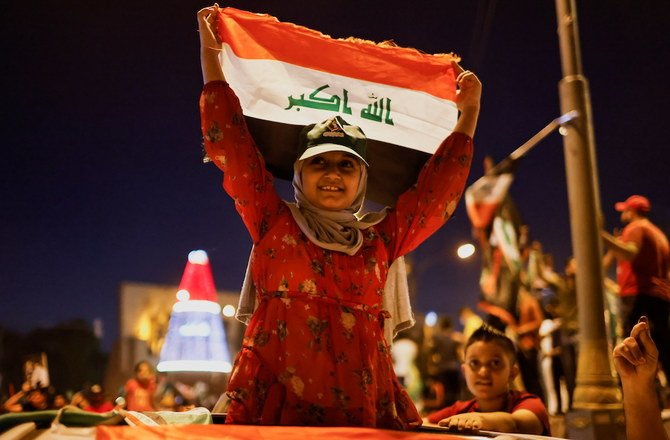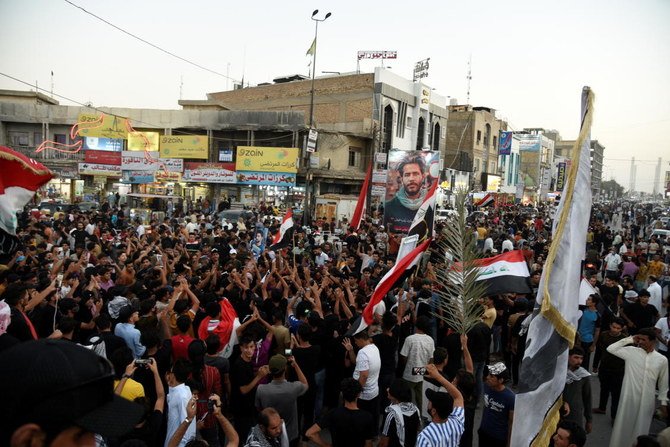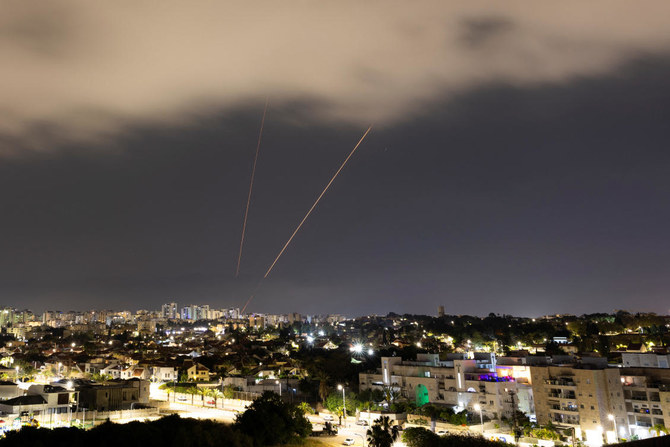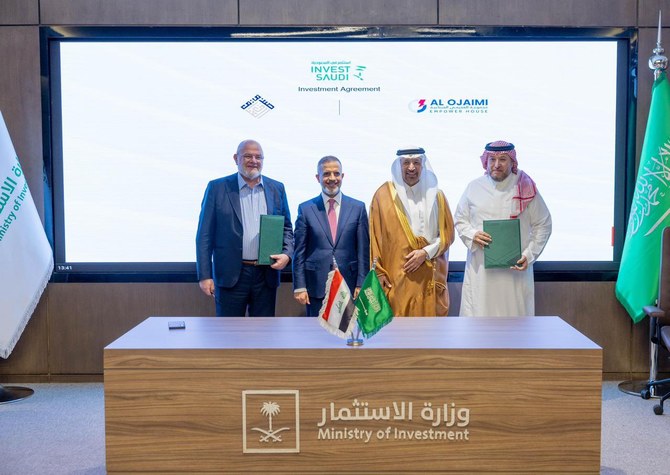Arab News
JEDDAH: Armed factions backed by Iran have been decimated in Iraq’s parliamentary elections.
Voters turned their backs on the previously powerful Fatah Alliance, reducing their number of seats in parliament from 48 to no more than 14.
The alliance comprises candidates from the Iran-backed Popular Mobilization Forces, who finished second in the last elections in 2018 in what was viewed as evidence of Tehran’s growing influence.
That triggered a backlash in October 2019, when hundreds of thousands of Iraqis took to the streets in “Tishreen” protests against corruption, unemployment and foreign influence. Security forces and the PMF militia killed about 600 in a violent crackdown.
“The parties that claim to represent the PMF were punished by the public because of their stances against the Tishreen movement,” Nisan Al-Zayer, an independent candidate, said on Tuesday. Independent candidates campaigning against Iraq’s corrupt political elite won about 10 seats, the first representation in parliament for the Tishreen protest movement.
Political analyst Ihsan Alshamary said: “The election results were a strong message to Iran that its political arms are rejected by the Shiite street.”
With a few votes remaining to be counted after Sunday’s election, the main winner was the populist Shiite cleric Moqtada Al-Sadr, a staunch opponent of foreign involvement in Iraq, especially from Iran.























